Ed de La Torre Doesn’t Speak Spanish
“Wow, it’s a good thing you’re studying Spanish,” a fellow told me the other day “because Spanish is taking over the country!”
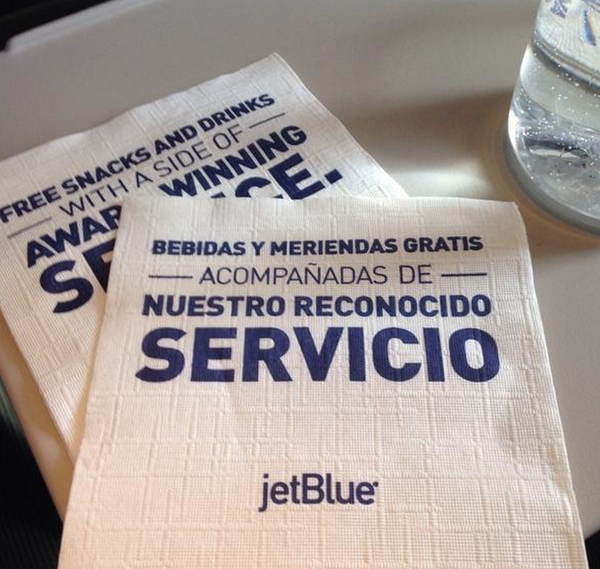
It’s easy to see why it seems so. We see Spanish signs when we shop at Walmart and Home Depot, and on our cocktail napkins on JetBlue. When we phone Bank of America we hear “marque dos para español.” But here’s a fact you don’t hear talked about much: 25 percent of American Latinos don’t speak Spanish — because they can’t.
While today’s immigrants are sometimes accused of not working as hard to learn English as prior generations, the facts paint a different picture.
Hear Ed’s story set against the backdrop of the forces that are drowning out Spanish and other heritage languages in America. And hear what some dedicated language teachers are doing to fight back.
America the Bilingual is a storytelling podcast for people who think bilingualism is good for themselves — and for their country. Listen on iTunes by clicking here:
Listen to this SoundCloud episode below:
“My father called me Eduardo”
Ed De La Torre’s parents brought Ed and his older brother to Pittsburgh from Puerto Rico so that they could receive the education they themselves never received. But by not speaking Spanish to their sons, they exposed them to another form of poverty.
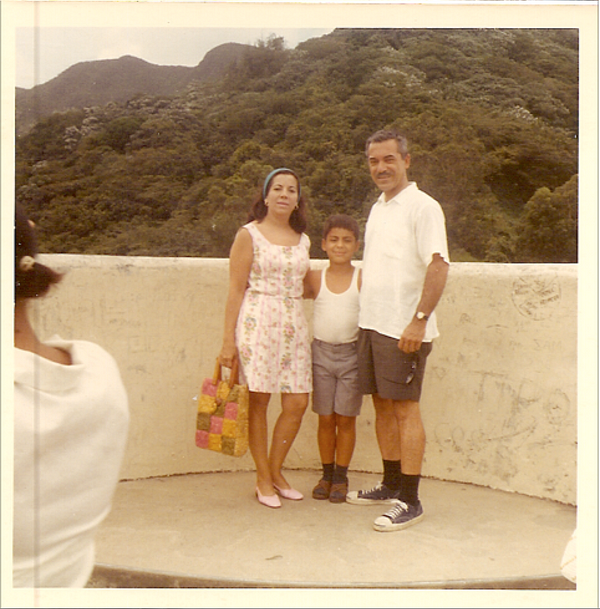
Ed, age 7, with his parents, Nellie and Manuel De La Torre, in Puerto Rico.
Of the annual summer trips back home to Puerto Rico, Ed recalls everyone having a great time except him. “I remember very distinctly hating those moments. Because I couldn’t understand what anyone was saying.”
“For any country, linguistic resources are valuable”
Kim Potowski is a professor of linguistics at the University of Illinois at Chicago. She is an expert on language loss — what linguists call language shift — as well as heritage language instruction. The later are classes designed for students who already have some exposure to the language. Her TEDx video is entitled, “No Child Left Monolingual.”
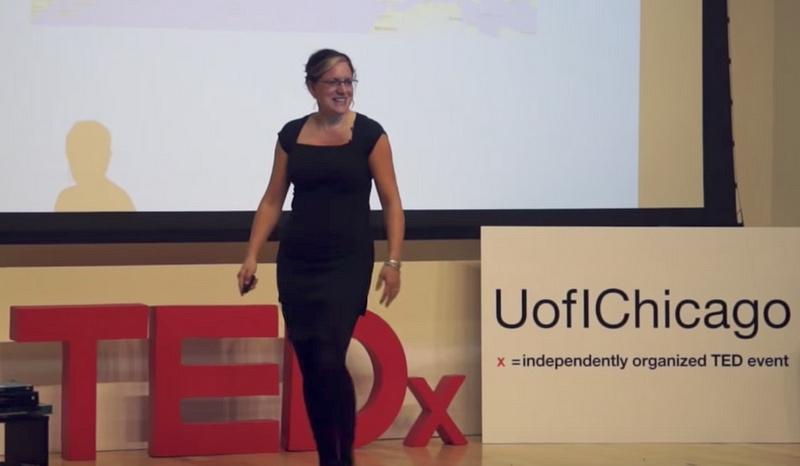
Kim Potowski, “No Child Left Monolingual”
María-Luisa Parra is Senior Preceptor of Spanish in the Department of Romance Languages and Literatures at Harvard University. She is an expert on heritage language instruction and on raising bilingual children.
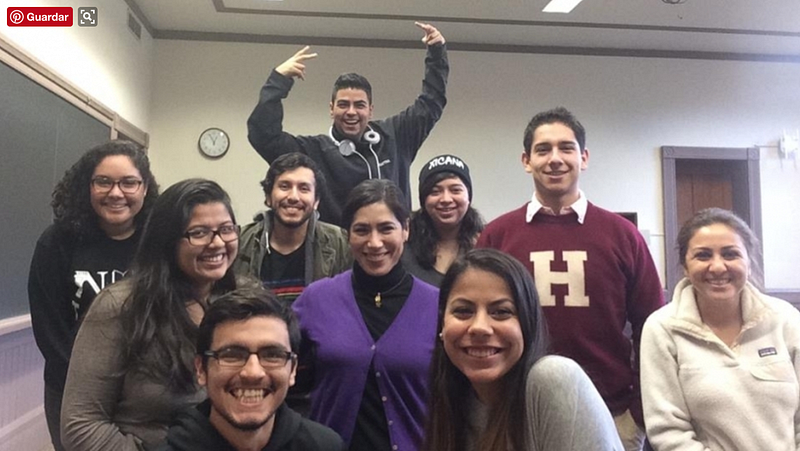
María Luisa Parra with her heritage language students at Harvard
One goal of heritage language instruction is to help students become biliterate as well as bilingual. You can learn more at the National Heritage Language Resource Center.
Ed is not alone: Latinos appear to be losing their Spanish faster than prior generations of immigrants
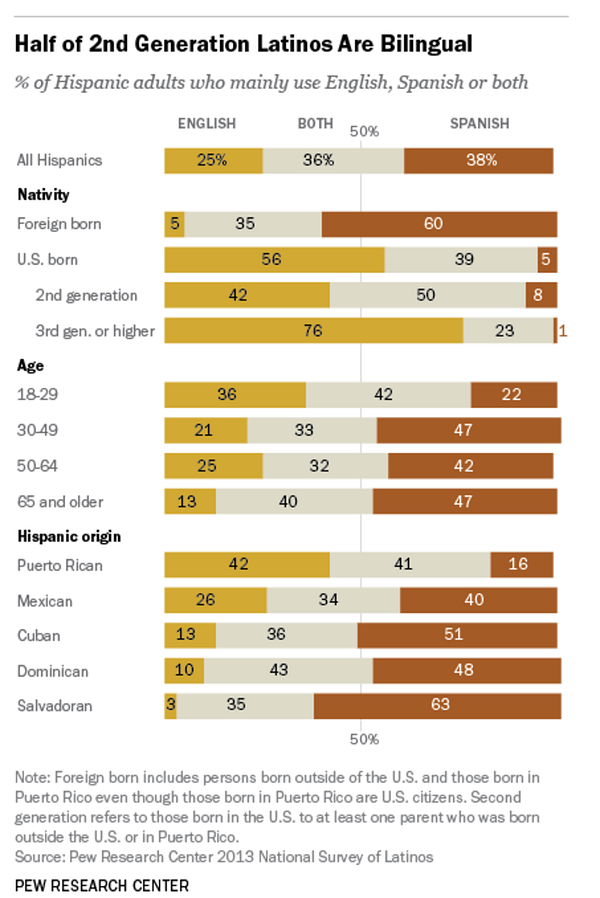
It used to take three generations for heritage languages to disappear, but says Kim Potowski, “What we are documenting now is two-generation language shift.” These findings are corroborated by surveys conducted by the Pew Research Center. What is more, our changing demographics indicate that the pace of language loss is accelerating. Writes Pew, “According to Census Bureau projections, the share of Hispanics who speak only English at home will rise from 26% in 2013 to 34% in 2020. Over this time period, the share who speak Spanish at home will decrease from 73% to 66%.”
Do Latinos care?
A year ago I traveled to Orlando to attend the gigantic annual meeting of UnidosUS (formerly known as NCLR). I went to see if I could learn something about the plans that America’s largest Latino organization might have for keeping Spanish alive in the US. Turns out, there weren’t any.
What was on the agenda? Immigration reform, the Affordable Care Act, educational opportunities for youth — important topics to be sure. There were lots of speeches. Most began with “Bienvenidos” and ended with “Muchas gracias” or some such token Spanish, but the rest of the speeches were in English. On the large exhibition floor was one company that helps teach children Spanish with the help of songs.
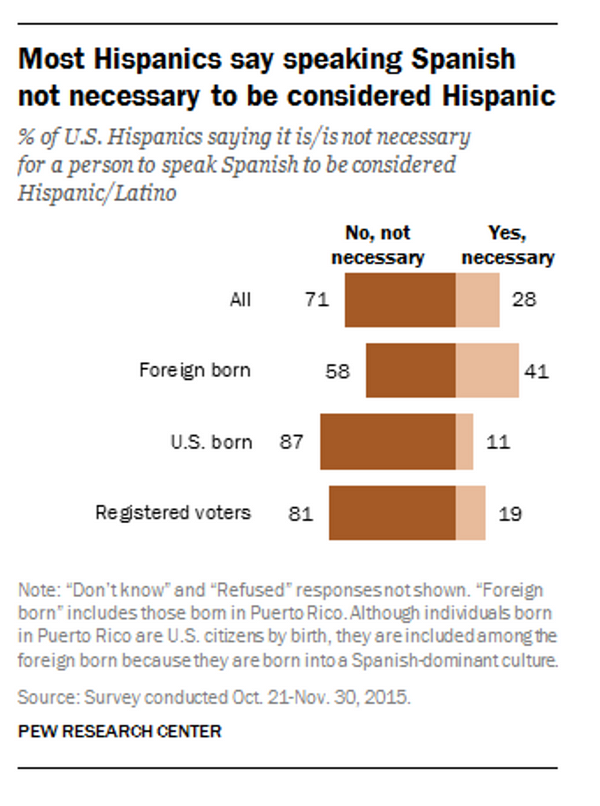
The conference left me pessimistic about the future of Spanish in the US. What I saw (and didn’t hear) at the conference corroborates a Pew survey from 2015 — that 71 percent of Latinos report speaking Spanish is not necessary for being considered Latino or Hispanic. And for US born Latinos, 87 percent think Spanish is unnecessary for their identify. The De La Torre family is not unusual from a linguistic perspective. Read below to learn what has happened, so far, with the third generation.
Allison De La Torre speaks Spanish
Ed De La Torre married Mary, an Anglo, and they had three children. Each of them has now graduated from college.
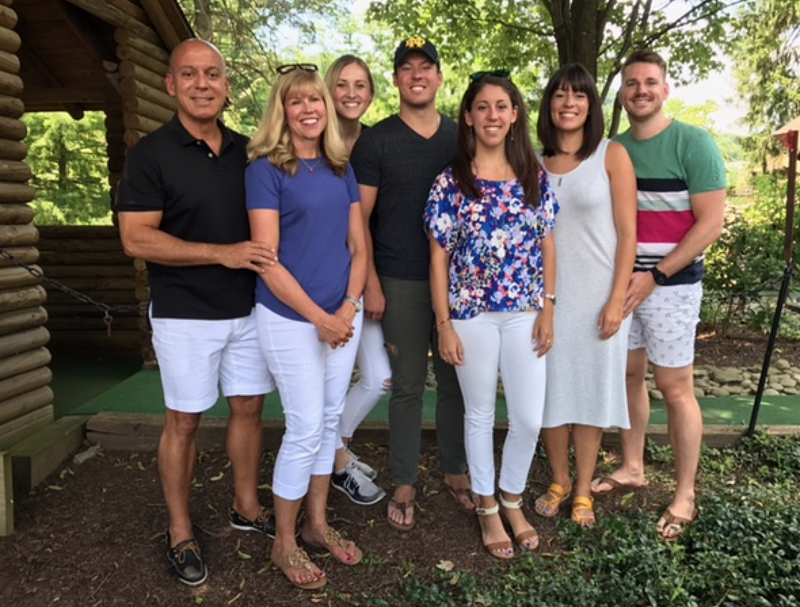
Ed, Mary, daughter-in-law Taylor, Mark, Allison, Julianne, son-in-law Markus
Their eldest is Julianne. She studied abroad in France and stayed, becoming fluent in French. While in Europe, she met and married a German. Julianne is now diligently studying German. They plan for their children to grow as bilinguals.
Ed and Mary’s second child is their son, Mark. He took Spanish, but hasn’t pursued it. He is recently married to a monolingual English speaker.
Only their third child, Allison, studied the language of her grandparents diligently. She did a study abroad program in Spain and later went on missions to Latin America. “I loved my last trip to Ecuador,” she told me, “At the end of the trip the translators gave me a translator T-shirt and said you’re one of us.”
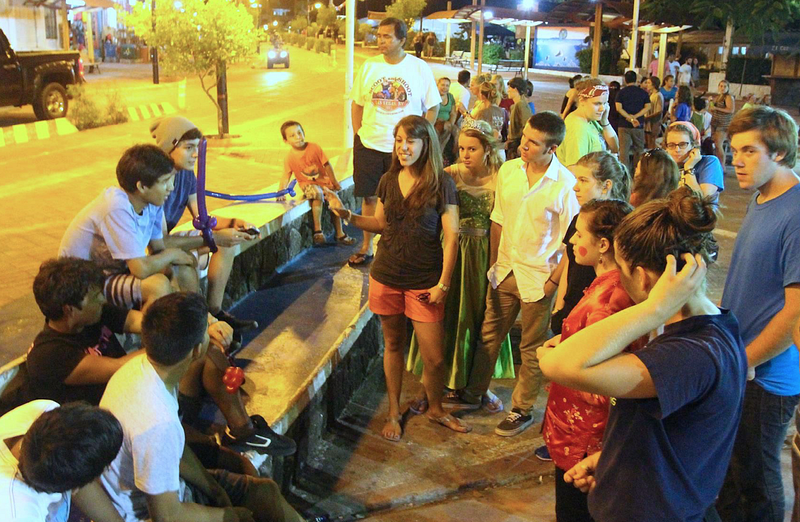
Allison De La Torre, translator, in the Galapagos Islands, Ecuador
Credits
The American the Bilingual podcast is part of the Lead with Languages campaign of ACTFL — The American Council on the Teaching of Foreign Languages.
A special thanks to the Pew Research Center for its uniquely valuable opinion polling on Hispanic trends in America. My thanks also to the generosity of a number of other experts on heritage language education who sat down and explained things to me, including María M. Carreira at California State University, Long Beach, Andrew Lynch at the University of Miami, Maria Polinsky at the University of Maryland, Agnes Weiyun He at SUNY Stony Brook, and Elham (Ellie) Sadegholvad at University of California, San Diego.
I’m grateful to my friend Sion Tesone who went with me to the NCLR conference in Orlando. He also welcomed me to his offices in Miami where I was able to interview American Latinas and hear their stories of navigating their new lives in America.
This episode was written by me, Steve Leveen, and our producer Fernando Hernández, who also does sound design and mixing. Associate producer is Beckie Rankin. Editorial consultants are Mim Harrison and Maja Thomas. Graphic arts are created by Carlos Plaza Design Studio.
Music in this episode with a Creative Commons Attribution License by:
Kevin Macleod — Quasi motion
Francisco Penilla — Chicle bombita
Lloyd Rogers, with the Cartesian Reunion Memorial Orchestra –Draw me a sheep (Act I)
Lee Rosevere — More on That Later, Not Alone, What’s Behind the Door, Vaping in L.A.

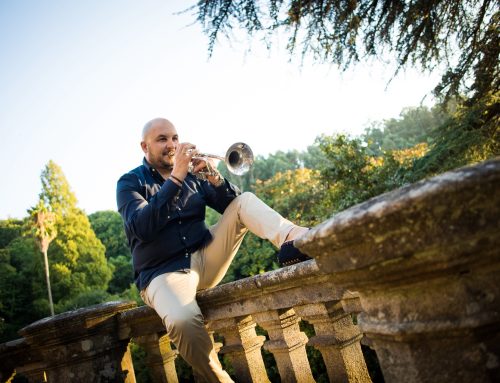
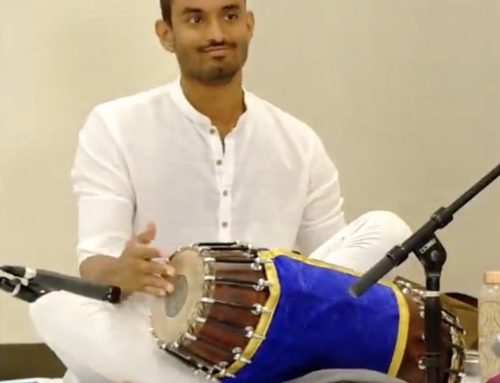

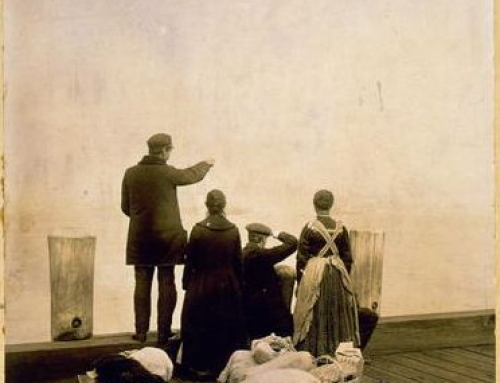
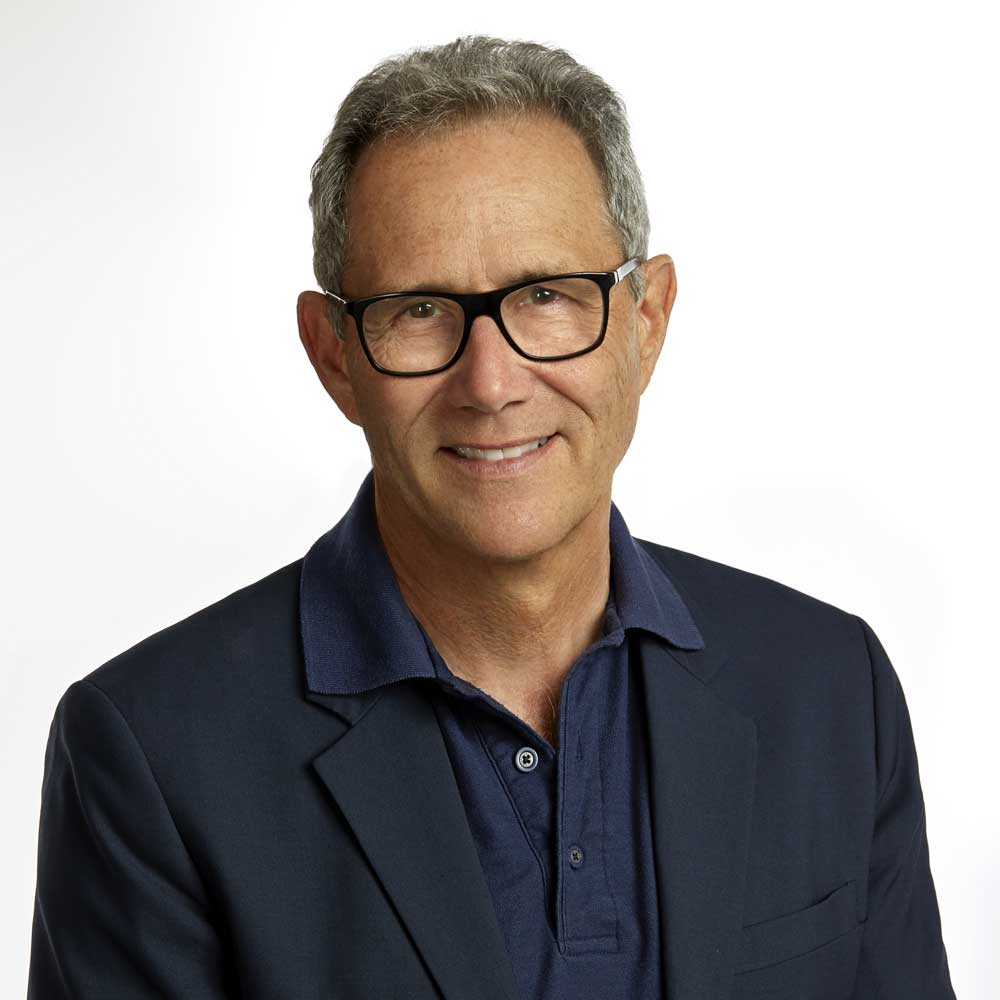 You can book Steve for many different audiences
You can book Steve for many different audiences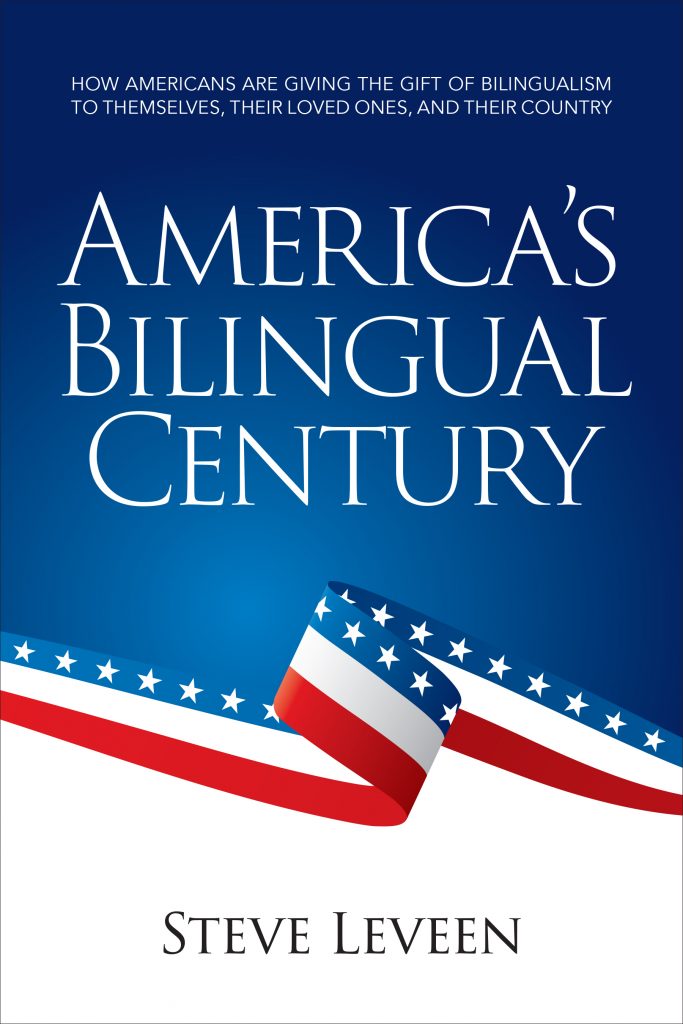
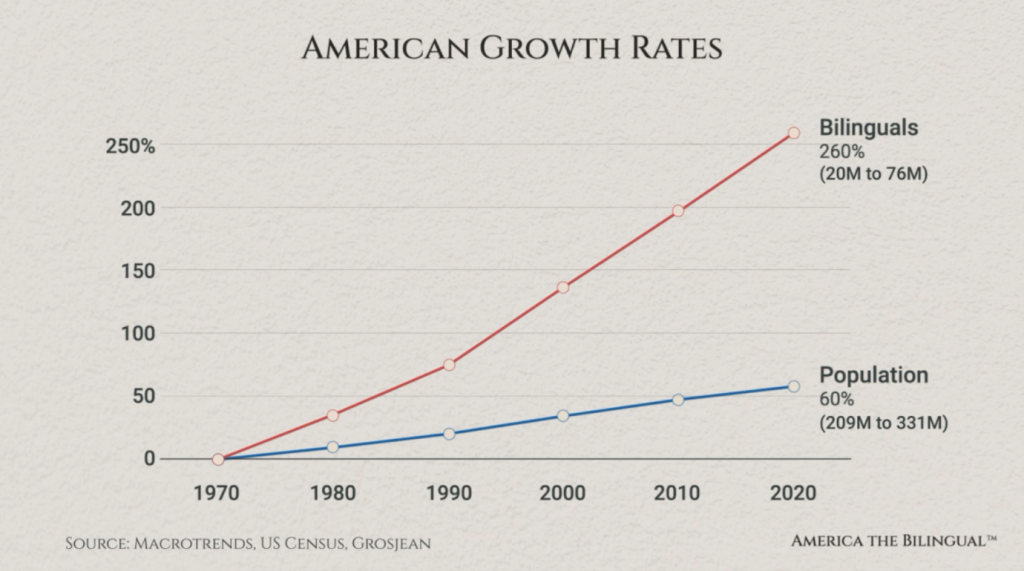
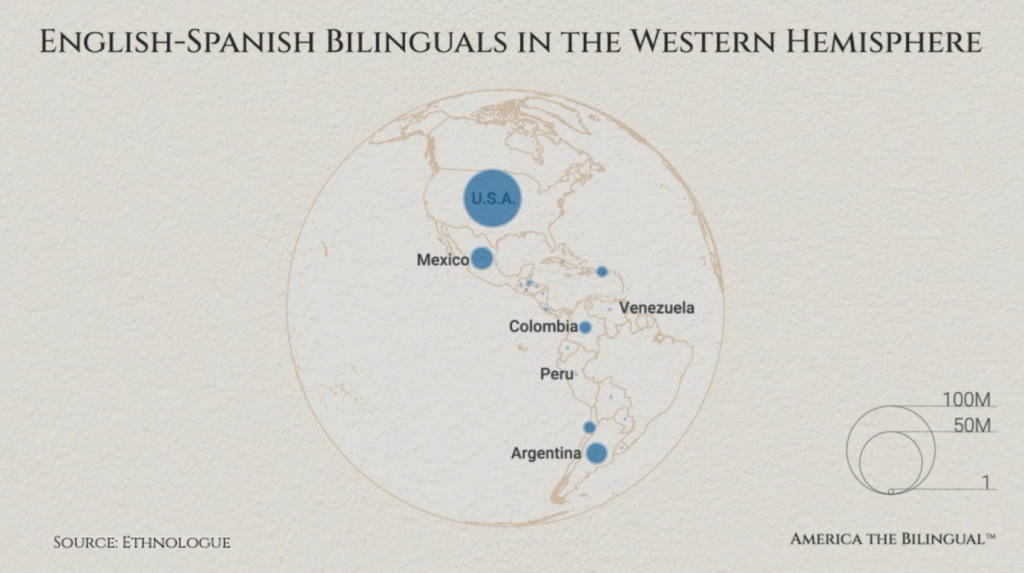
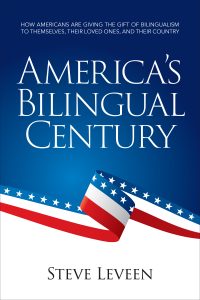

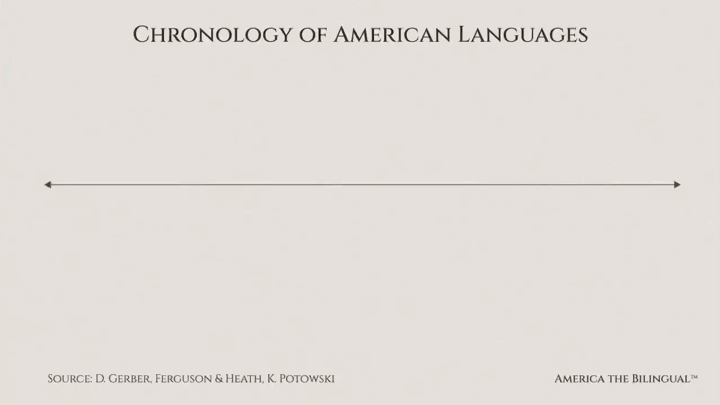


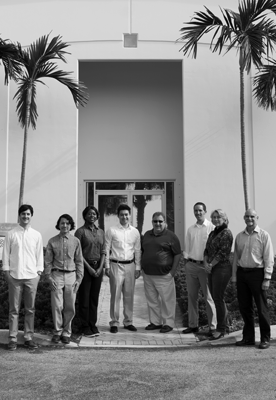
 First, know that she has one of those glorious English accents (or what all of us who are not English would call an accent), which makes her a natural for the audio book narration that she does. Although U.S. born, Caroline grew up in England and studied literature at the University of Warwick (fyi for American ears: that second “w” is silent).
First, know that she has one of those glorious English accents (or what all of us who are not English would call an accent), which makes her a natural for the audio book narration that she does. Although U.S. born, Caroline grew up in England and studied literature at the University of Warwick (fyi for American ears: that second “w” is silent).



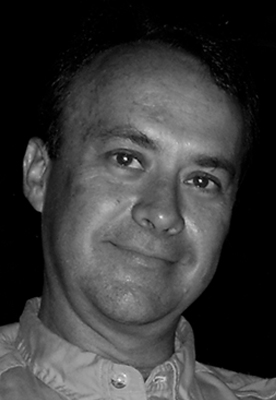
Leave A Comment